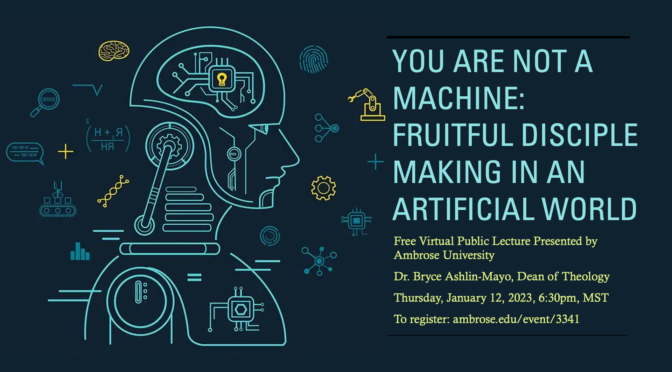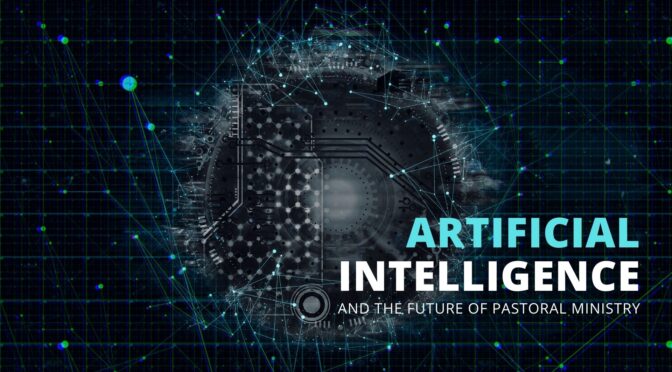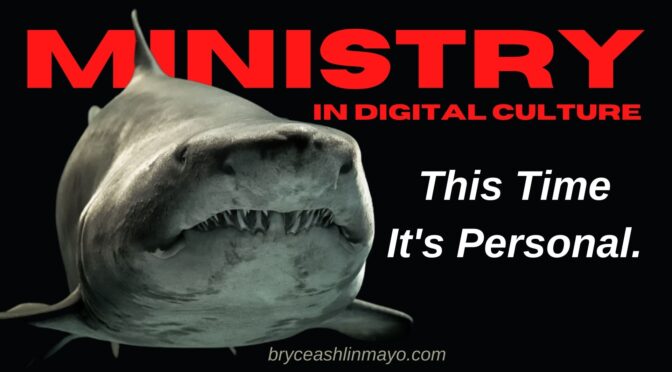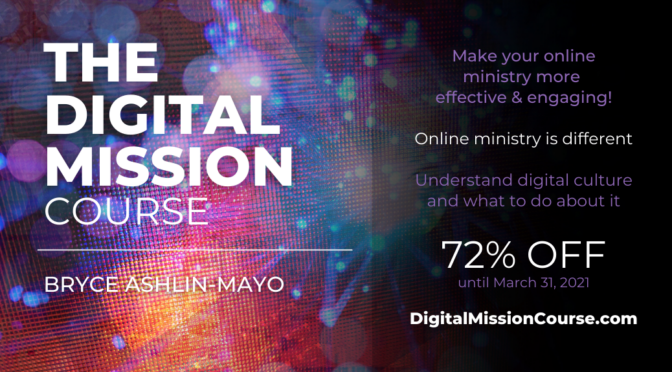Whatever You Do, Don’t Do This: A Lesson from GameStop for the Church
Several weeks ago, amateur stock traders rallied together to boost the stock of GameStop, artificially inflating the stock price and disrupting the stock market. Although Wallstreet investors were betting on GameStop’s inevitable demise (GameStop is like Blockbuster for video games), the amateur traders manipulated the system for their benefit. They drove the stock price up and, if they bought low and sold high, profited while those on Wall Street lost.
Beyond the sensational headlines of this modern-day participatory culture case study with a David & Goliath edge, is an undeniable reality that, in spite of the temporary surge in stock enthusiasm, GameStop’s out-of-date business model will not be profitable in our increasingly downloadable world.
I believe a similar storyline has started to play itself out with the Church. As the Church prepares to enter a post-Covid world, there will be many church leaders who will rush back to reopening and abandon their digital expressions, ministries and methodologies as they do. As we embrace the promise of re-opening in society, we are at risk of “flooding the market” and buying stock in our previous out-of-date and ineffective ministry methodologies. We will be tempted to trade in false hope!
As a church leader, you are entering a precarious season with a major temptation. With accelerating vaccine rollouts (yay!) and the promise of things opening up again (yay!), the temptation of the church will be to go back to the way it was rather than the way it needs to be.
The lure will be strong! We will be tempted to go back to what we knew, even if it stopped working long before Covid struck. This will be the case for education models, business plans, architectural design, and churches. In our rush for normalcy, we are at risk of selectively forgetting our previous ineffectiveness. We’ll forget that overall church attendance, giving and engagement (across all denominations) were all trending downward before the pandemic. To think the trend will magically reverse as we enter a “new normal” with an altered world is naive foolishness. Will it feel good again to do things we are highly competent at? Yes. Will it be as effective as before? No. Although it may feel good to us, it will not, necessarily. mean it will be good for the church.
This is not a new human temptation. Consider the Israelites in the desert. It wasn’t long after their exodus from Egypt that they longed to go back. Even though it was terrible, they longed for the familiar and predictable. We are the same. We, too, are tempted to just go back to the old way of doing things, even if it didn’t work, rather than adapt, learn, grow, change and redeploy for a new post-Covid world. I don’t blame anyone for the temptation. A year of learning new ways of doing things is exhausting; feeling like a fish out of water is uncomfortable. However, to abandon all the lessons we have learned, the new methodologies we have discovered, the skills for innovation we have embraced and to revert back to the old way of doing things in a world that has been altered forever (especially when the old way of doing things was universally determined as ineffective) would not be wise. It will be easy, tempting and comfortable, but it won’t be good leadership.
What wasn’t working before, won’t magically work now. Society has taken ten years of change and condensed it into one. If our evangelism and discipleship ministries weren’t effective before, resurrecting them post-pandemic won’t make them work. Additionally, not everyone will come back in-person. Some will prefer online engagement. You may disagree (especially if you, personally, prefer in-person expressions) but there are people in our church communities who will desire to stay connected exclusively online or use online engagement as a way to augment their in-person participation. We can’t ignore this group in our rush to in-person gatherings. If we do, we do so at our peril.
We are all tired of change and we will all be tempted to just move back into the well-worn ruts of previous (pre-Covid) ministry methodologies. I believe we are at a crossroads to either change and adapt to our emerging world or devolve back into a church that was already waning in effectiveness, blissfully adopting out-of-date methodologies for a world that no longer exists. Nostalgia may feel good, but it is a sterile environment for conceiving vision.
As you look ahead, recognize the long-term impact of your choices and commit to move against your natural impulse and use this time to implement the long-term change needed. Refuse to go back to the way things were. Refuse to embrace ineffectiveness because it feels comfortable. Whatever you do, don’t do this!






